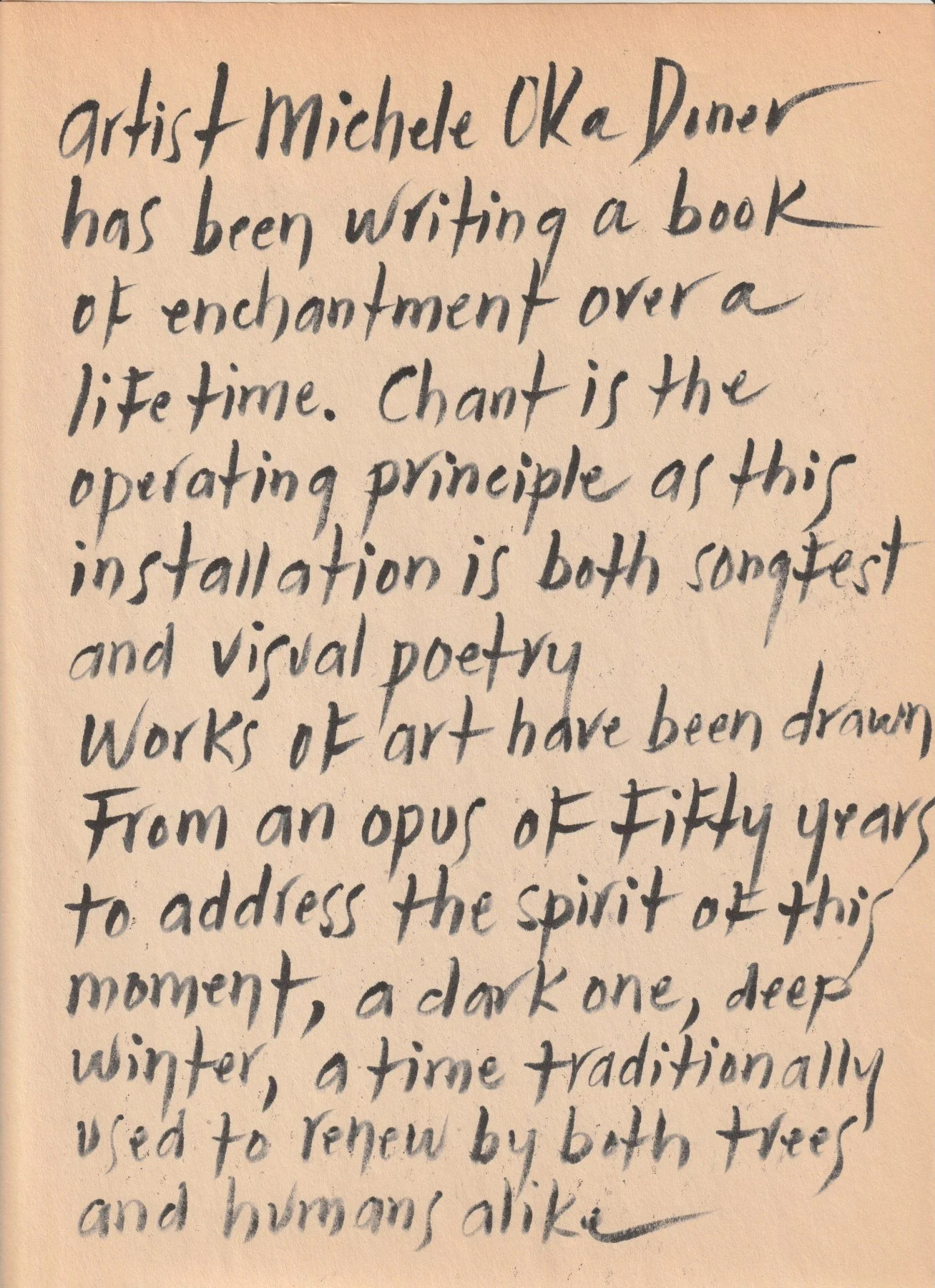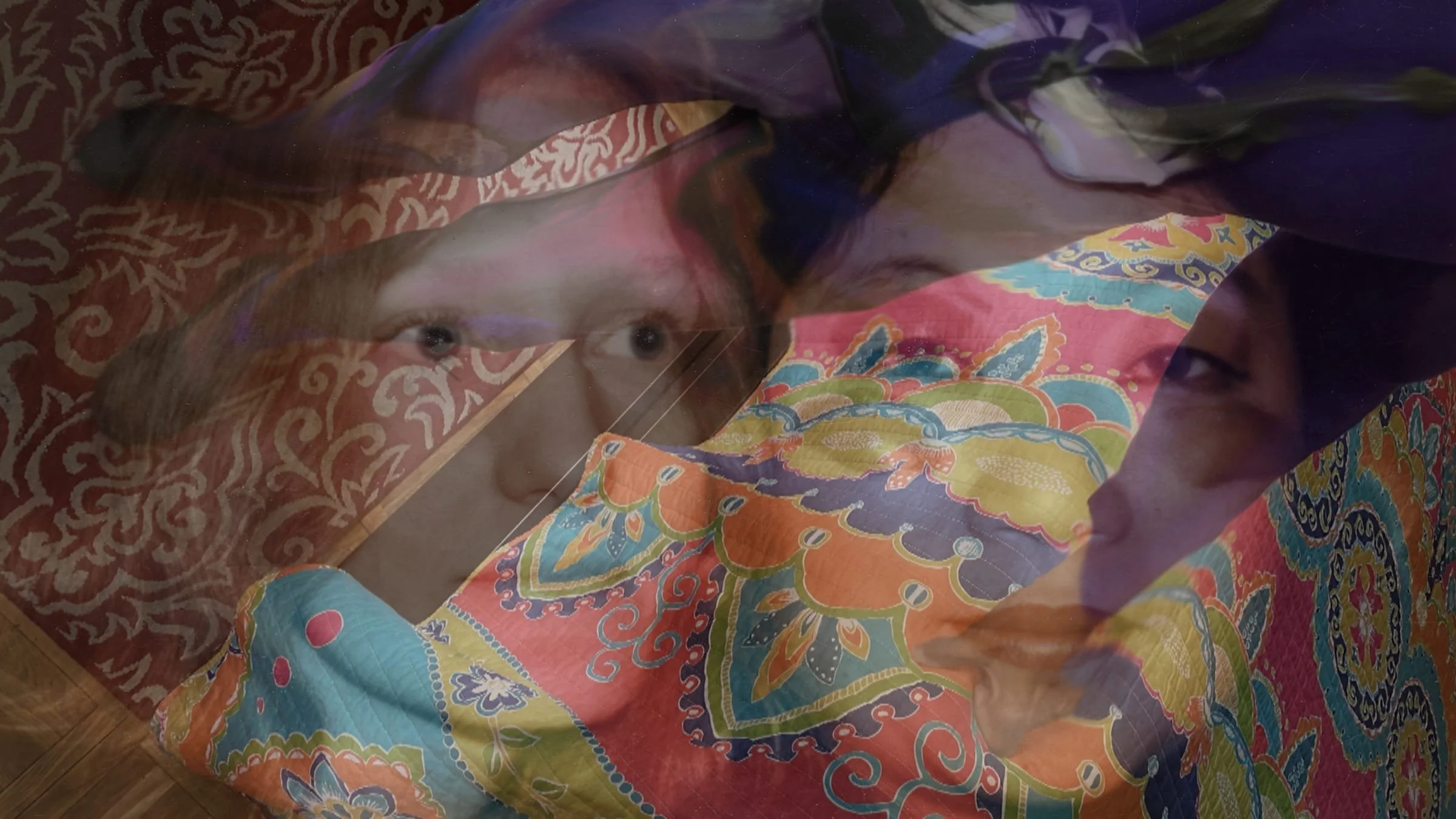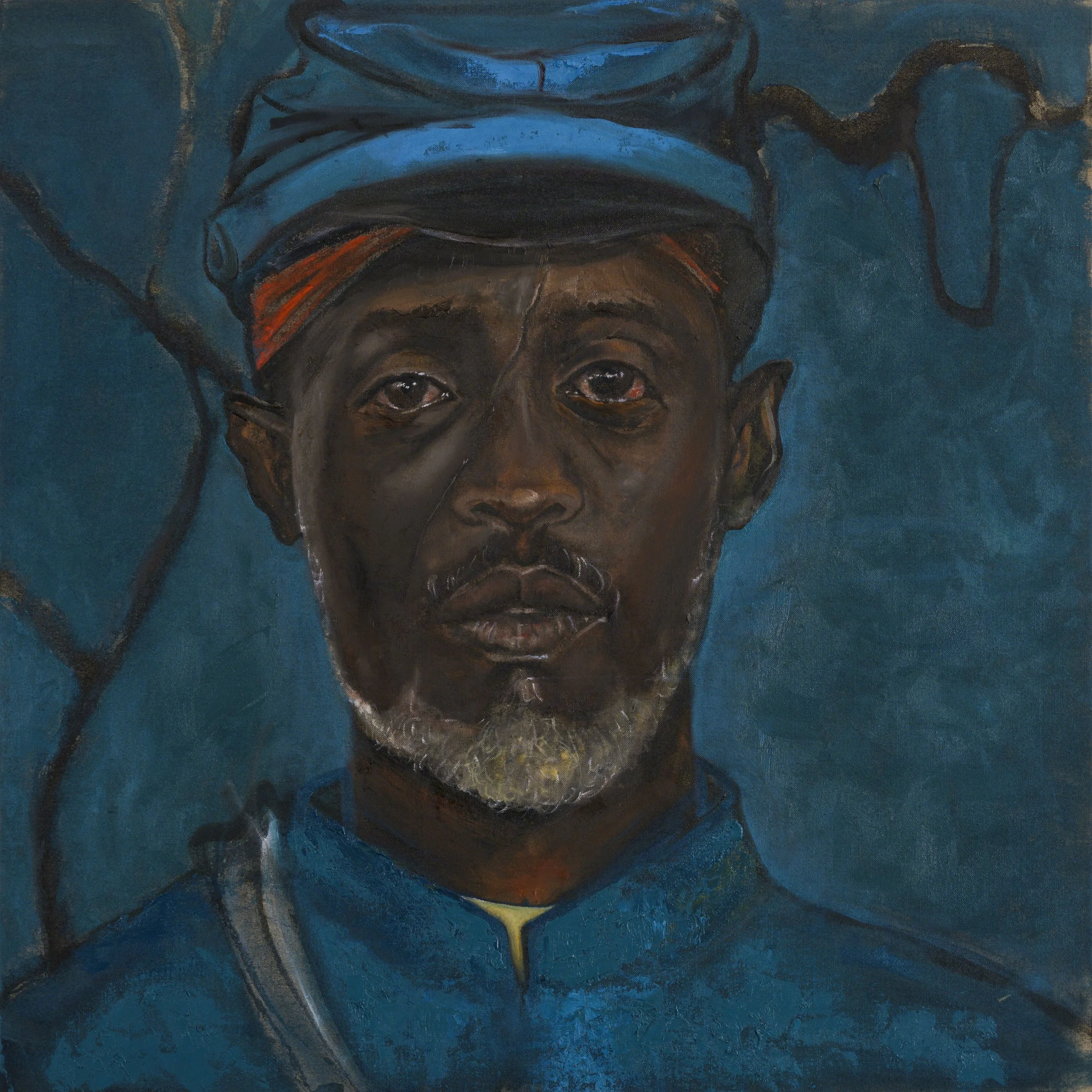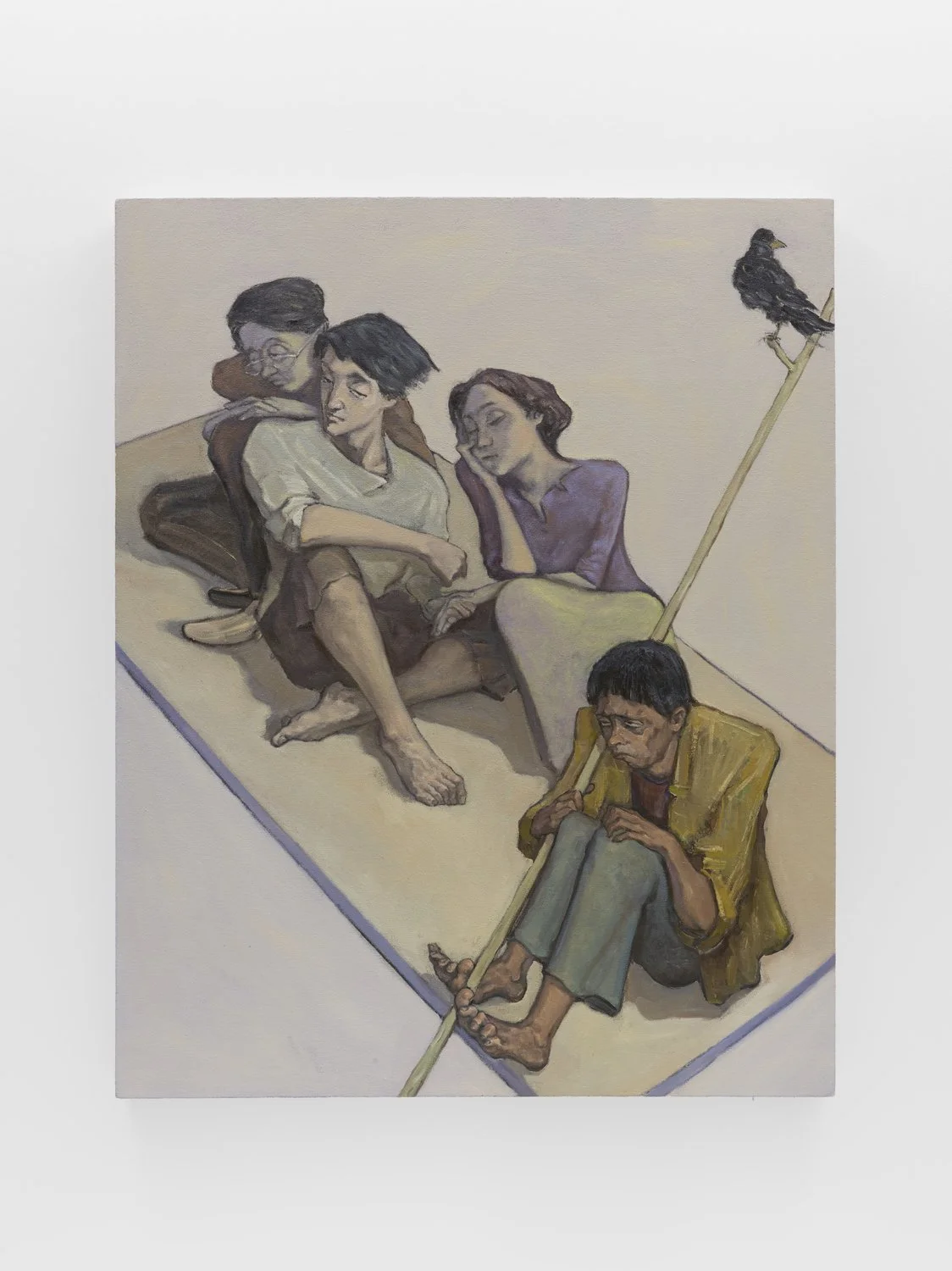Mickey Aloisio
“You Go Ahead—I’ll Watch”
New York, 545 West 25th Street
In his practice, Aloisio employs various analog media, including projectors, film, CB radios, and receipt printers, among other alternative technologies, attempting to temper the immediacy of our hyper-digital, image-saturated world. He engages viewers “as participants in a complex performance of display, time, and legibility.” Predominantly working with photography, video, and sound, Aloisio attempts to present seemingly transgressive narratives that explore undercurrents of anticipation and longing, while also investigating the nuances of queer navigation across intergenerational communities. The artist consequently borrows the title of the current exhibition from an excerpt found in Laud Humphreys’ Tearoom Trade: Impersonal sex in public places—the American sociologist and Episcopal priest’s seminal, albeit highly-controversial, text published in 1970. In Tearoom Trade, Humphreys presented the findings of his research into anonymous sexual encounters between men in public bathrooms (a practice known as “tea-rooming”). At the time, his “subjects″ did not consent to participating in any such study, with Humphreys assuming the role not of an academic, but that of a voyeur, sometimes engaging with those he observed—“You Go Ahead—I’ll Watch.” While many consider Humphrey’s research methods highly unethical, Aloisio finds his work not entirely dissimilar. Aloisio draws from Humphrey’s text to undo the fragile borders that separate consent, manipulation, and deception, in order to reveal how these systems are instead irrevocably bound together through his examination of intimacy and privacy.
Untitled (Boot), 2022 archival pigment print, ed. of 3 + 2AP 12 × 18 in. / 30.5 × 45.7 cm
Many of the works on view belong to the series Lunch Break, originally conceived while Aloisio was a Core Fellow at The Museum of Fine Arts, Houston and presented as a documentary-style slideshow (here, the selected images from the series are exhibited as standalone archival pigment prints). The series comprises photographs taken at and around a state historic site considered to be the geographical birthplace of an independent Texas, following the 1836 Texas Revolution. Aloisio captured vignettes that unfolded in the designated men’s bathroom at the site, in addition to documenting the surrounding town. Aloisio did not choose the site at random; in fact, it was the location of a fleeting glory hole, the type of transgressive space the artist seeks that is the subject of extensive online discourse. The resulting images—whimsical yet gritty—explore how an area associated with public sex could function within the context of a Texan state-run park, the ethos of which is grounded in the promise of freedom. Aloisio approaches each image with sensitivity, patiently documenting vestiges of the encounters, rather than the identities of the players. Visual motifs arise, subtly hinting to those who use codified language to uncover lunch-hour freedom.







